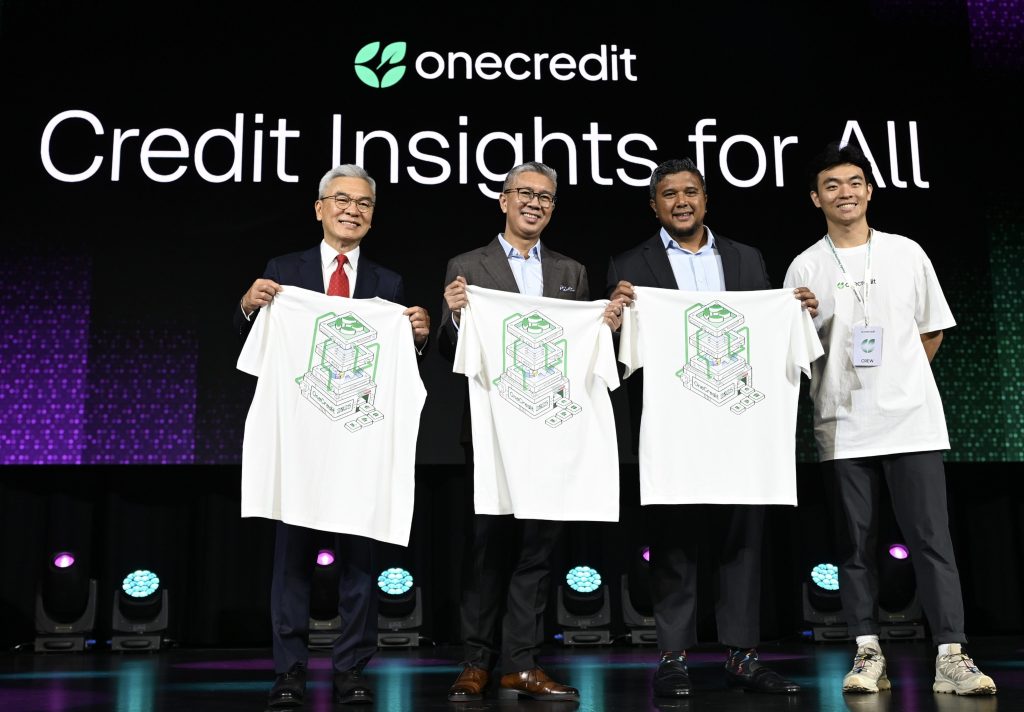By Joseph Wong
In the global race for technological supremacy, the advent of powerful artificial intelligence (AI) models like OpenAI's ChatGPT-5, Google Gemini, Microsoft Copilot, Anthropic's Claude, Perplexity AI and Grok have captured the world’s attention. The hype is undeniable and companies across all sectors are scrambling to integrate these tools into their operations.
However, in Malaysia's real estate industry, a more strategic and forward-thinking approach is gaining traction: A go-local philosophy for AI. This strategy, championed by industry leaders like Juwai IQI, argues that focusing on locally hosted, open-source AI models is not only a smarter business decision but also a critical step towards creating jobs, safeguarding national data and tailoring technology to the unique needs of the Malaysian market.
The consensus among modern business leaders is clear. Companies that fail to adopt artificial intelligence will quickly fall behind. AI offers unprecedented opportunities for automation, efficiency and growth. Yet, the costs associated with using a major global AI provider can be prohibitive, especially for high-volume tasks. This is where the go-local strategy provides a clear competitive advantage.
According to Juwai IQI Group chief executive officer Kashif Ansari, this approach saves a typical large Malaysian company a significant amount of money—potentially up to RM1.7mil per year. Going local means two things: First, utilising open-source AI models that are freely available to the community and second, hosting these models on a company's own servers rather than relying on a third-party cloud. The financial logic is compelling. While global providers charge ongoing usage fees based on the volume of data processed, a local setup incurs a one-time cost for the powerful servers and their maintenance, offering a far more scalable and cost-effective solution for high-volume applications.
Juwai IQI group chief operating officer and chief information officer Nabeel Mungaye illustrated this with precise figures. For essential real estate functions like customer service chatbots, PDF summarisation and marketing content generation, the cumulative annual cost of using a paid, third-party service could exceed RM1.7mil. By contrast, running open-source models on a local server for the same tasks could cost as little as RM63,000 annually, covering only the costs of electricity and maintenance. This radical difference in operational costs allows Malaysian companies to allocate capital to other critical business functions, from talent development to market expansion.
AI is creating Malaysian jobs
The fear that AI will lead to widespread job losses is a narrative often sensationalised in the media. However, for forward-thinking real estate companies, AI is not a replacement for human talent but a powerful force multiplier. By automating repetitive and time-consuming administrative tasks, AI frees up real estate professionals to focus on higher-value activities that require human connection, such as client consultations, negotiation and relationship building.
Juwai IQI, for example, is actively building an AI Task Force with new, specialised roles that did not exist just a few years ago. These positions include AI research and development lead, automation and workflow architect, generative content specialist, AI productivity engineer, data and AI ethics officer as well as real estate AI solutions manager. This proactive approach transforms the workforce, shifting the focus from manual labour to strategic oversight and technological innovation. It not only boosts productivity but also develops a new, highly skilled talent pool within the local economy, proving that AI can be a powerful engine for job creation and career advancement.
Keeping Malaysian data safe
In an age where data is a primary currency, the security and privacy of consumer information are paramount. For the real estate industry, this is particularly critical, as agents and companies handle sensitive personal data, including identification documents, in formats like PDFs. Sending this information to a server located in a different country introduces significant security and privacy risks and raises complex issues of data jurisdiction.
The go-local strategy directly addresses these concerns. By using open-source AI models hosted on a company's own servers, sensitive customer data never leaves its secure, local infrastructure. It is never uploaded to an overseas cloud or transferred across international borders. This ensures strict compliance with the Malaysian Personal Data Protection Act (PDPA) and provides clients with the assurance that their most personal information is being handled with the utmost care. This commitment to data security is a powerful competitive advantage that builds a foundation of trust with clients and reinforces the company's ethical standing in the market.
Making AI more Malaysian
Beyond the financial and security benefits, a locally hosted, open-source AI strategy offers a unique opportunity for customisation and cultural integration. While general-purpose AI models are powerful, they often lack an understanding of regional nuances, local slang, and specific industry terminology.
By fine-tuning or training their own AI models, Malaysian companies can make the technology truly their own. The AI can be taught to understand local colloquialisms and cultural subtleties in Malay, Mandarin and English, making its interactions with clients more natural and effective. This level of customisation ensures that the AI is not just a generic tool but a highly accurate and relevant extension of the business, tailored to the specific demands of the Malaysian real estate landscape.
The conversation around AI in the real estate industry is evolving beyond simply adopting the latest global model. The go-local strategy championed by Malaysian leaders like Juwai IQI presents a compelling blueprint for the future. By embracing open-source technology and local hosting, companies can achieve remarkable cost savings, foster job creation, guarantee the safety of consumer data and create a more culturally relevant service. This approach proves that the most effective and sustainable path forward is not to blindly follow global trends but to innovate from within, building a technological foundation that is resilient, ethical, and uniquely Malaysian.
This news was first published in StarBiz 7.
Stay ahead of the crowd and enjoy fresh insights on real estate, property development and lifestyle trends when you subscribe to our newsletter and follow us on social media.














































